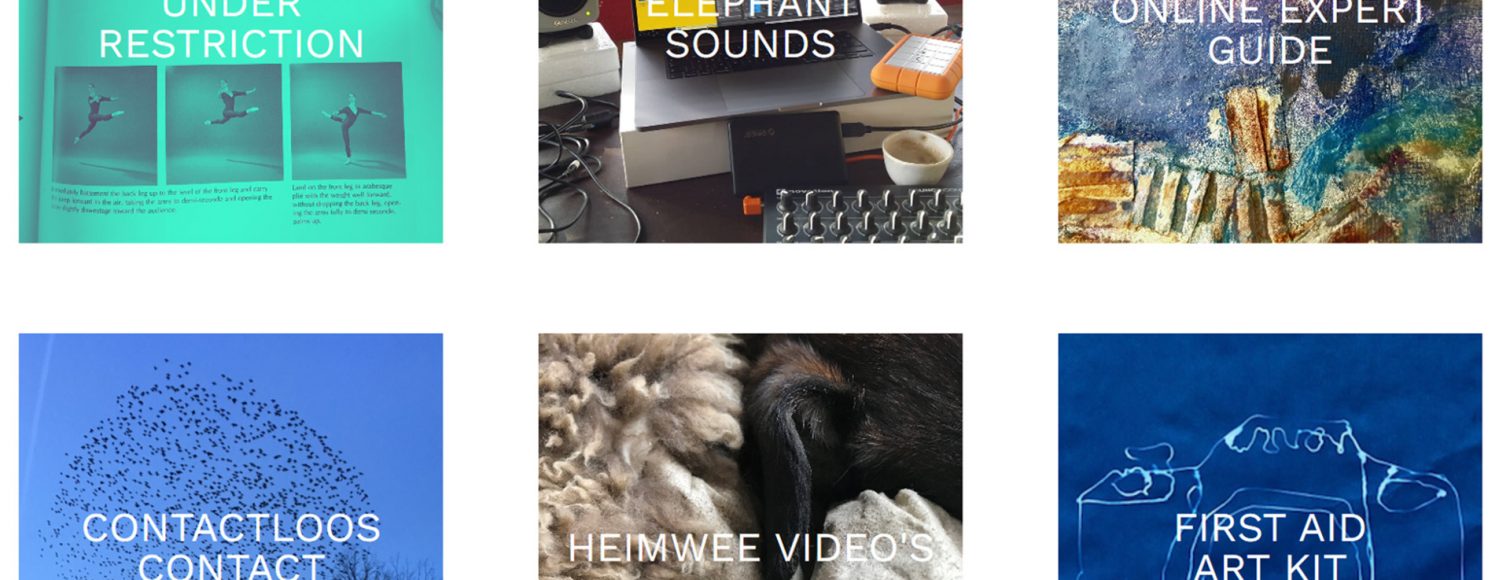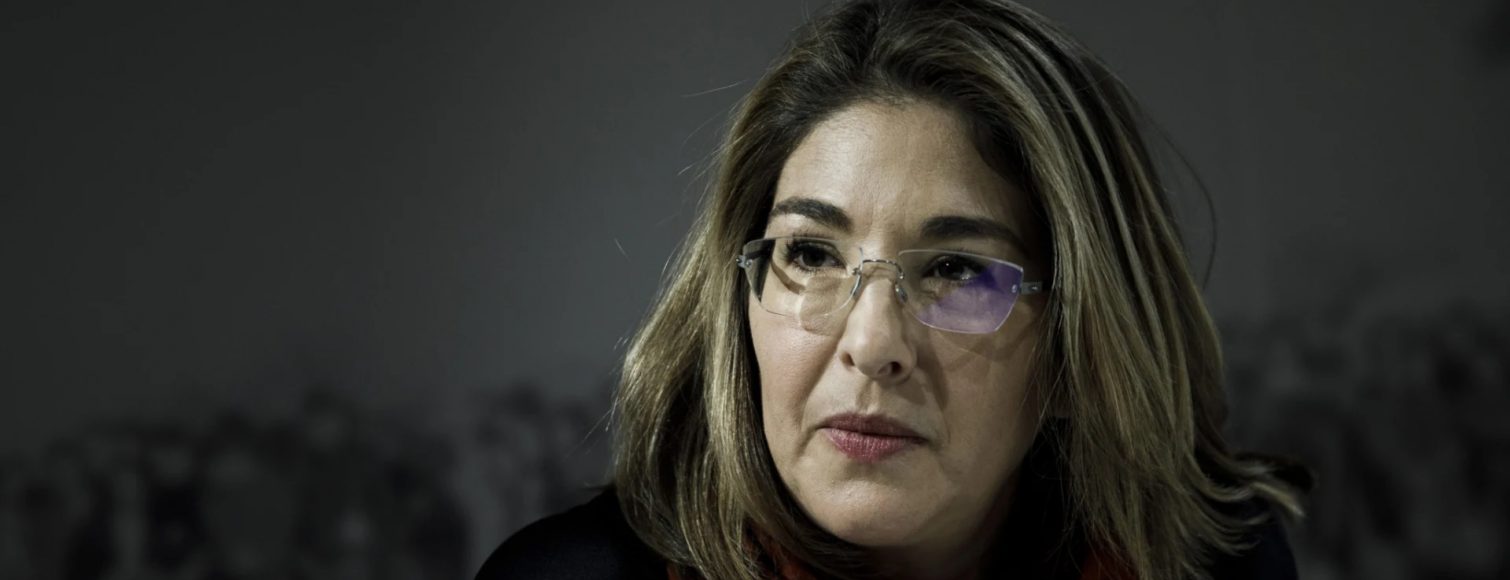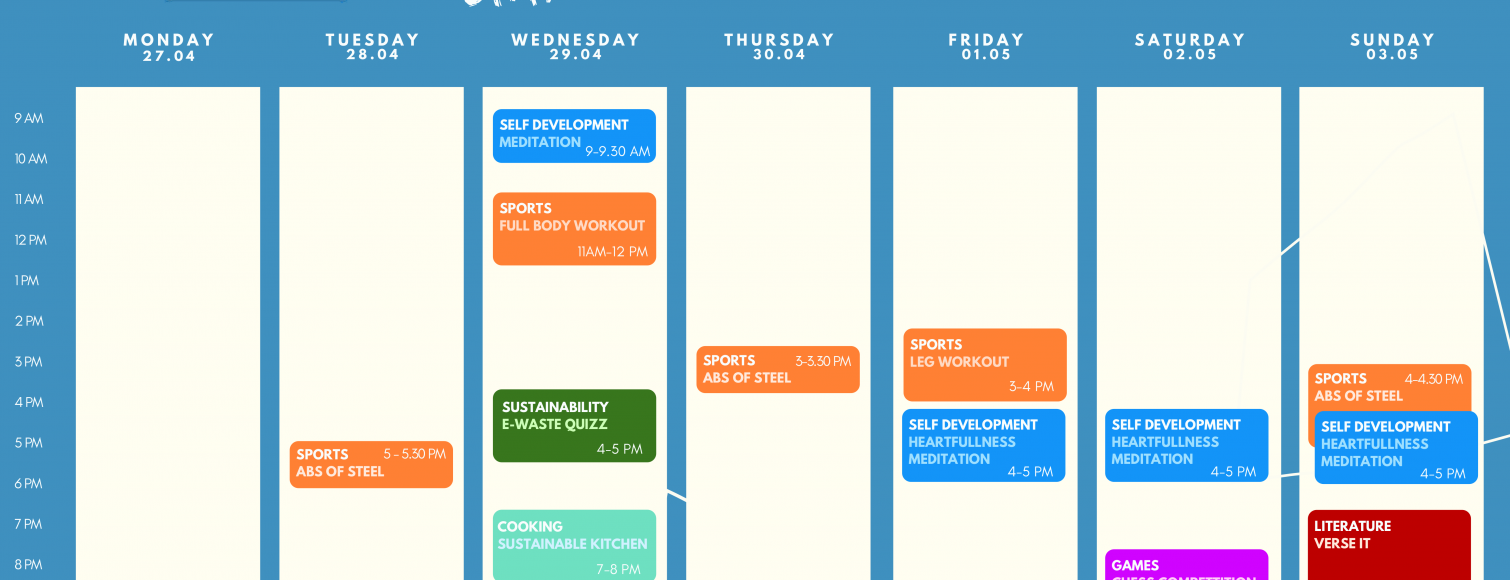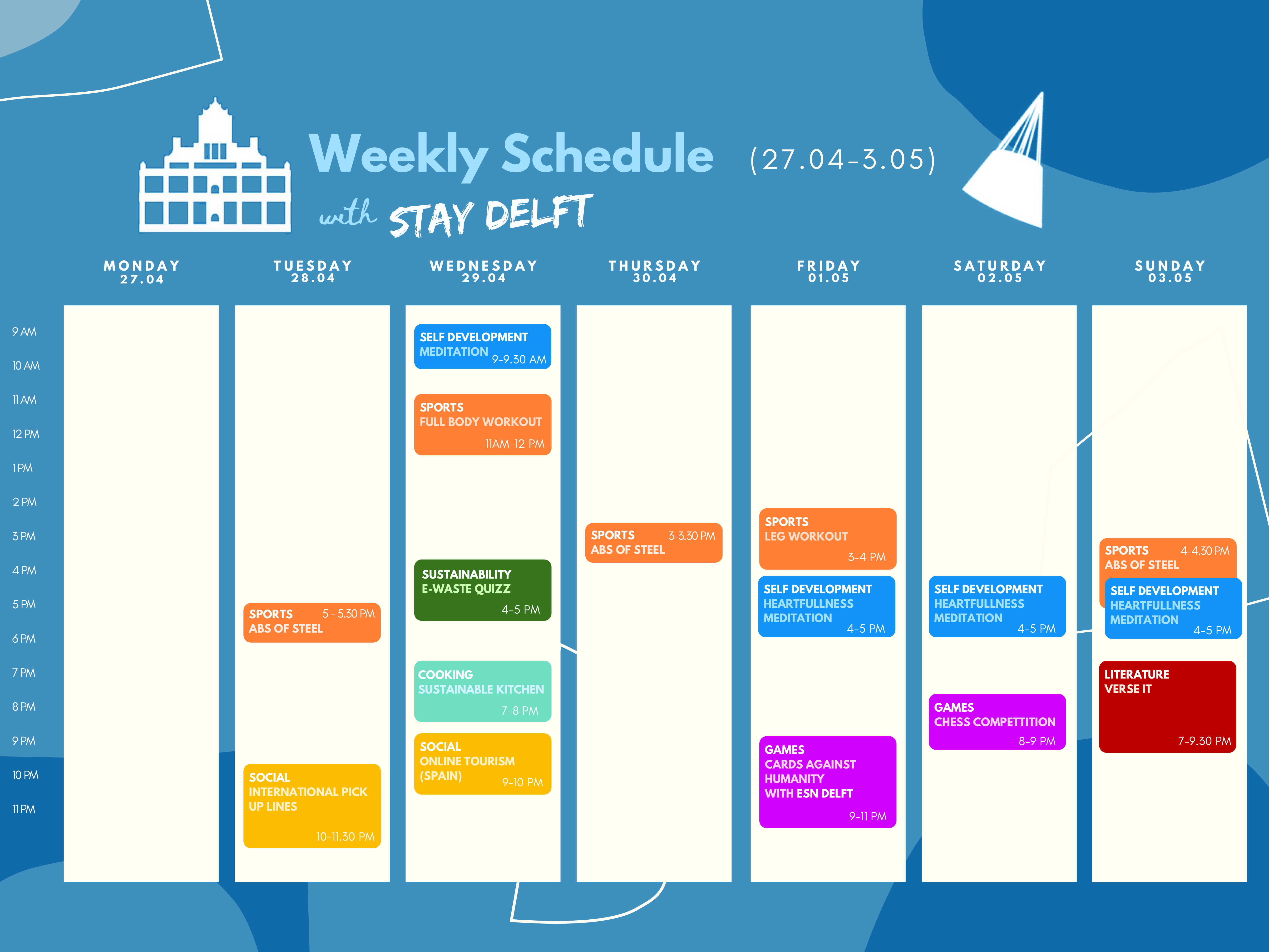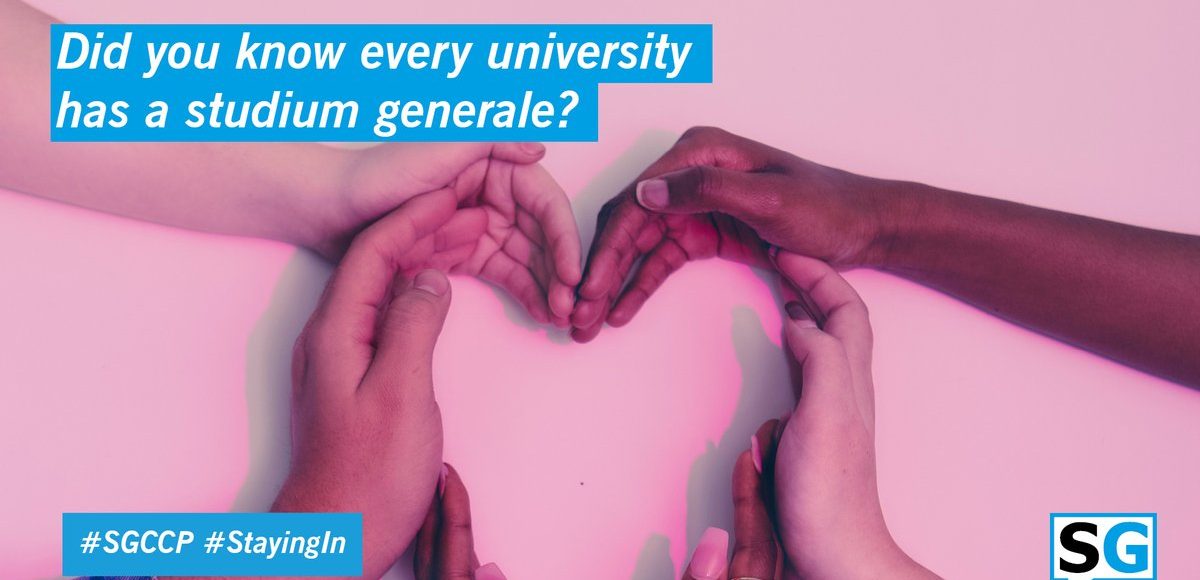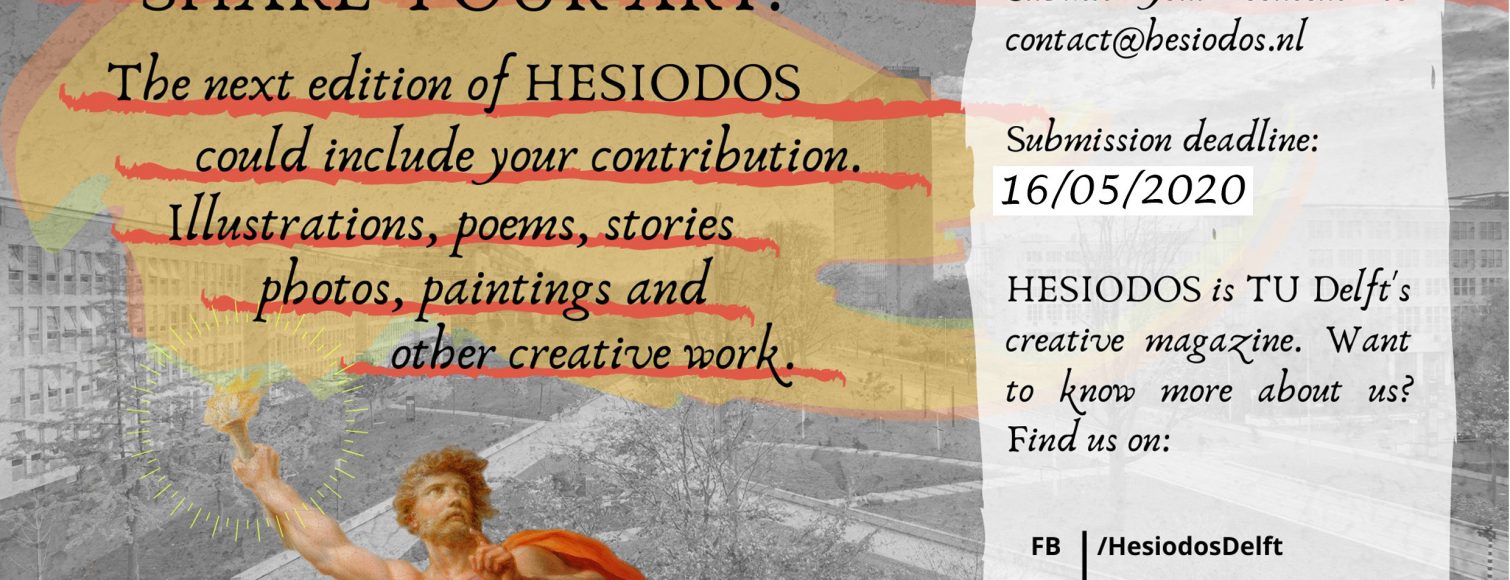Wednesday’s post: Arts education from home
|
Wednesday April 29 | Arts education from home
A few weeks in quarantine and we’re becoming more and more used to being hermits. Being locked down also gives the opportunity to express yourself. So this week it is time to find our inner creative voice!
Students of the Master in arts education in Amsterdam have put up this website with all sorts of projects to take on from home. For example the project cARTography. Take a stroll through Vermeer’s Milkmaid and discover hidden clues, talk to characters and use all of your senses. This text adventure will take you on a journey through a painting. As you interact with the text, you will uncover information bit by bit, building your own imagery around it. You can share any results via Twitter or Instagram. Go nuts!
Studium Generale created a Corona Care Package to make #StayingIn as pleasant as possible. In the following weeks we will share videos, blogs, articles and podcasts within four focus areas: Mental Health, The World After Corona, Arts & Culture and other online events.

